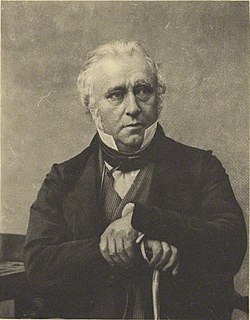A Quote by John Dryden
Forgiveness to the injured does belong; but they ne'er pardon who have done wrong.
Related Quotes
If a person has done wrong, is conscious of what he has done and does not say sorry, I ask God to take him into account. I forgive him, but he does not receive that forgiveness, he is closed to forgiveness. We must forgive, because we were all forgiven. It is another thing to receive that forgiveness.



































